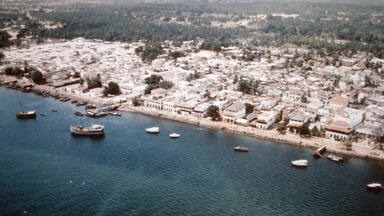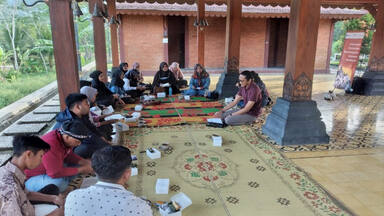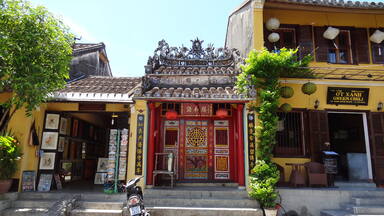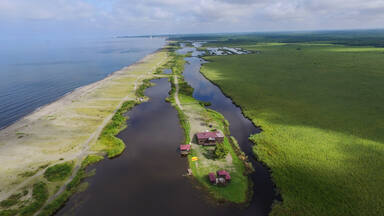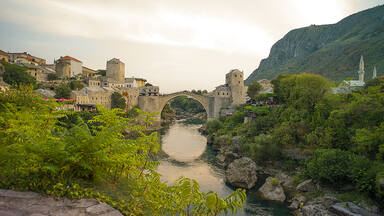Many of the world’s World Heritage sites are dependent upon tourism to maintain their economic, environmental, social and cultural well-being. However, the impact of the global COVID-19 pandemic has hit World Heritage sites hard, with devastating impacts on the livelihoods of indigenous peoples and local communities who have depended on tourism as a vital source of income.
In response to this, the German Federal Ministry for Economic Cooperation and Development (BMZ) provided UNESCO with 2 million euros to address some of the immediate socio-economic impacts of COVID-19 on tourism and heritage. UNESCO, in collaboration with the Deutsche Gesellschaft für Internationale Zusammenarbeit (GIZ) and other key partners delivered a programme to put tourism on a more sustainable path, as tourism gradually recovers in the wake of the global pandemic. The programme was delivered across seven countries and ten World Heritage communities.
Before the COVID-19 crisis, the popularity of World Heritage sites as tourist destinations was growing at a significant rate. However this rapid growth came at an increasingly high price to both local communities and their cultural and natural heritage, which were straining under the pressure of the exponential growth of visitor numbers, often concentrated in fragile sections of these sites.
Delivered during 2021 and 2022, this programme formally titled ‘Promoting sustainable tourism and private sector engagement for inclusive community development in response to the COVID-19 crisis’, focused on working with the tourism private sector to create incentives to boost sustainable practices by providing training and capacity building for local guides, artisan entrepreneurs and other tourism professionals. It also invested in cultural heritage preservation while creating short term job opportunities by using culture and heritage as a source of resilience for local communities.
The programme also built upon the experience of the pilot initiative ‘UNESCO Sustainable Travel Pledge’ launched by UNESCO together with the Expedia Group and the Tourism Authority of Thailand in 2019.
Discover more
Discover more about what this programme is delivering on the ground, as well as personal stories from those who have been involved
Mostar
Angkor
Colchic Rainforests and Wetlands
Yogyakarta
Fort Jesus and Lamu Old Town
Namib Sand Sea and Twyfelfontein
Trang An Landscape Complex and Hoi An Ancient Town
Promoting sustainable Tourism in response to COVID-19
Implemented by

